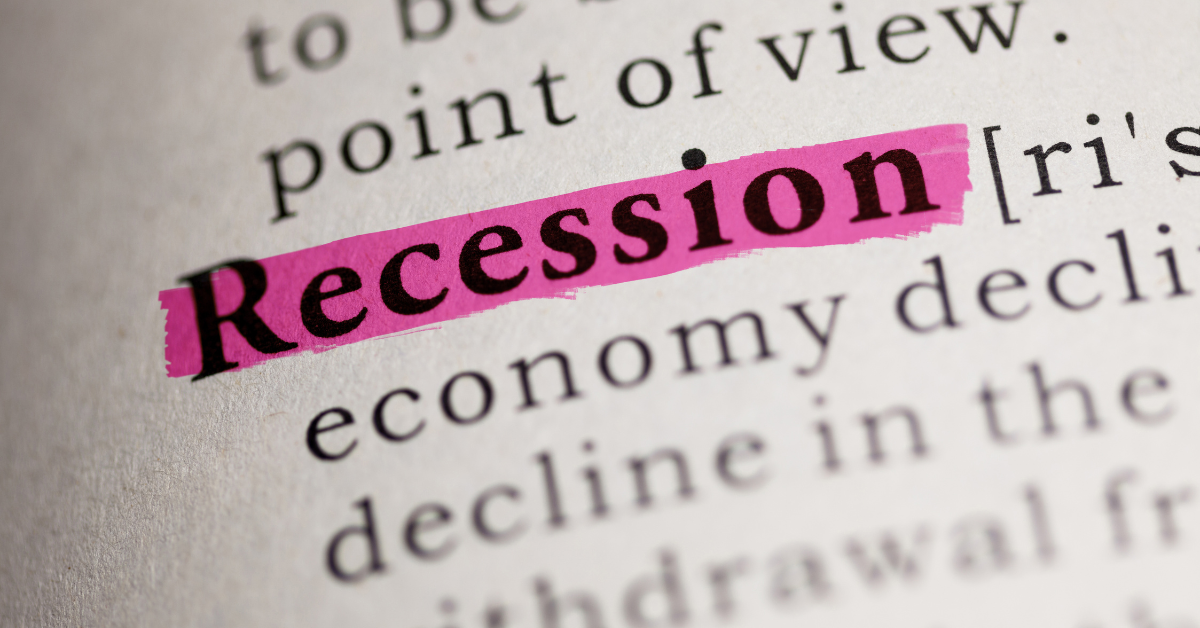The state of personal finances and credit card debt can have far-reaching implications for the broader economy. While excessive credit card debt can harm individuals and households, the question of whether it can lead to a full-scale economic recession is a complex one. In this article, we will explore the relationship between credit card debt and the potential for an economic recession, shedding light on the key factors and considerations involved.
Understanding Credit Card Debt
Credit card debt is a common form of consumer debt, often characterized by individuals carrying balances on their credit cards and paying interest on those balances. When credit card debt accumulates to high levels, it can create financial strain for individuals and impact their ability to save, invest, and make essential purchases.
Factors to Consider
- Consumer Spending: High levels of credit card debt can constrain consumer spending. When individuals are burdened with significant debt, they may reduce their discretionary spending, affecting businesses and economic growth.
- Interest Rates: Credit card interest rates tend to be higher than other forms of borrowing. As a result, individuals with substantial credit card debt may divert a significant portion of their income toward interest payments, reducing their ability to invest and support economic growth.
- Default Risk: When credit card debt becomes unmanageable, individuals may default on their payments. This can lead to losses for credit card issuers and financial institutions, potentially impacting the broader financial system.
- Aggregate Debt Levels: The overall level of credit card debt in the economy is a critical factor. If a significant portion of the population is struggling with credit card debt, it can contribute to economic instability.
The Link Between Credit Card Debt and Economic Recession
While credit card debt can influence individual financial well-being and consumer behavior, it is just one of many factors that can impact the economy. A single individual’s credit card debt, or even a collection of such debts, is unlikely to trigger a national or global recession. Recessions are typically the result of complex interactions among various economic factors, including:
- Global economic conditions
- Banking and financial sector stability
- Government policies
- Trade dynamics
- Business investment
- Housing market trends
- Consumer confidence
- Economic shocks or crises
It’s important to recognize that while credit card debt is a concern, it is part of a much larger economic landscape. High levels of credit card debt can exacerbate economic challenges, but they are rarely the sole cause of a recession.
Conclusion
High levels of credit card debt can have adverse effects on individuals and may influence consumer spending and financial stability. However, the road to an economic recession is paved with a complex interplay of multiple economic factors. While credit card debt is a significant concern, it should be considered in the broader context of economic conditions, policies, and various financial indicators when assessing the potential for a recession.

